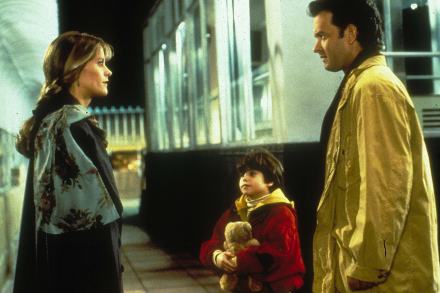In defence of public displays of affection
The Duke and Duchess of Sussex had a rather awkward moment recently when they were caught on the ‘kiss-cam’ at a basketball game in Los Angeles. The couple, sitting in a private box (but in very public view), were faced with a decision: to kiss or not to kiss. Harry went in for the kill (his 26th?), leaning over to his wife for a kiss. But Meghan simply laughed and patted his arm. There, there, little prince – not today. The couple haven’t been shy about public displays of affection in the past, and this was somewhat of a departure from her days on camera frolicking in her role as Rachel Zane in Suits.




















